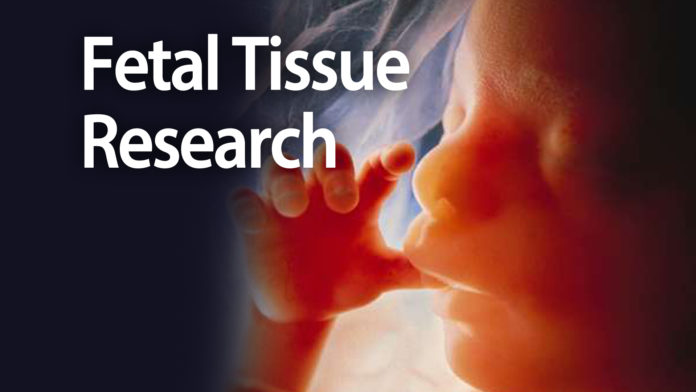Letters between University of Minnesota leaders and the top members of its Board of Regents reveal strong concerns about the school’s fetal tissue research programs.
Rep. Marion O’Neill provided Alpha News with letters she obtained from University of Minnesota Board of Regents Chairman Dean Johnson, and Vice Chairman David McMillan. O’Neill expressed her concerns to the Board of Regents in her role as a State Congresswoman and Vice Chair of the Higher Education Policy and Finance Committee.
In a letter dated Oct. 14, 2015, Dr. Brian Herman, Vice President for Research at the U, tells Regents Johnson and Laura Brod that he was asked by U of MN President Eric Kaler to review the work of university scientists who use fetal tissue in their research.
Herman says fetal tissue is not only supplied by Advanced Biosciences Resources, but also Stem Express. Both are implicated in undercover videos released by the Center for Medical Progress for questionable practices in their acquisition of fetal tissue from abortion clinics. In several CMP videos former Stem Express Employee Holly O’Donnell details the practice of acquiring fetal tissue that has left people on both sides of the abortion debate uneasy.
Herman states, “These suppliers obtain consent for the use of these tissues in medical research prior to their donation, and operate in accordance with federal guidelines that prohibit them from making a profit from procurement and provision of fetal tissue for their clients.”
This statement contradicts what is shown in CMP videos. Herman claims the University has checked with both ABR and Stem Express to make sure they are complying with state and federal law.
Herman goes on in his letter, “Current University policies do not comprehensively address the disposition of fetal tissue used in research. In order to ensure this tissue is treated with the utmost respect and dignity, the University of Minnesota Medical School Anatomical Bequest Program will immediately begin handling the procurement of fetal tissue and disposal after its use for research.”
Herman finishes his letter emphasizing the benefits of using fetal tissue in medical research and ultimately will continue to use fetal tissue despite the “strong feeling for some Minnesotans.”
On Oct. 20, 2015 Regents Chair Johnson and Vice Chair McMillan responded with a letter to President Kaler. They thank Kaler for looking into the matter, but say Herman’s response doesn’t quash their concerns.
They state, “We continue to be concerned, however, that the University does not know the pre-vendor source of fetal tissue purchased for research. While our commitment to excellence in academic research and its potential for addressing grand challenges remains strong, we are seeking additional information regarding the exact sources of tissue sold to the University by Advanced Biosciences Resources (ABR) – specifically, whether ABR (or any other vendor the University might use) sources tissue from elective abortions.”
Johnson and McMillan ask for further inquiry with a warning that, pending evaluation, “potential policy changes with the Board including but not limited to prohibiting human fetal tissue purchases from any vendor that acquires human fetal tissue resulting from an elective abortion.”
On Oct. 22, 2015 Kaler responded directly to the board Chairs stating, “The University does not know all of the various sources of fetal tissue procured by ABR.”
Kaler expresses concern over the potential impact of a policy change the Board Chairs proposed would have on the University’s fetal tissue research department. Kaler claims prohibiting the use of fetal tissue from induced abortions would put an end to the University’s fetal tissue research.
Kaler goes on to provide backing for the benefits of the research. The letters can be viewed in their entirety at the bottom of this article.
Alpha News will continue following this story including following up with the board of regents regarding their response to Kaler’s letter. Be sure to subscribe to Alpha News to stay up to date on the news you care about.
